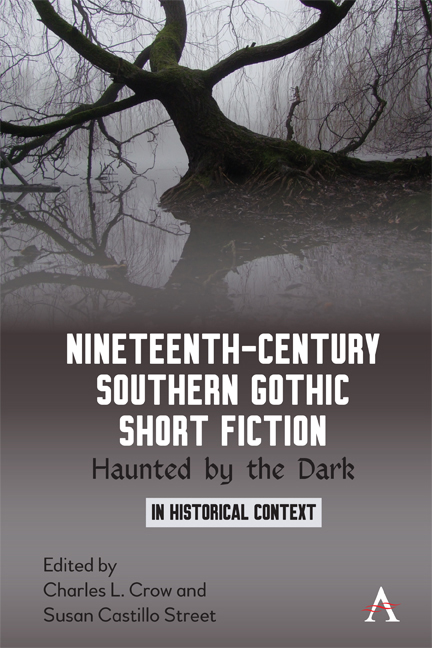Chapter Twenty-Three - W. E. B. Du Bois, selection from “Of the Black Belt” (from The Souls of Black Folk, 1903)
Published online by Cambridge University Press: 20 January 2022
Summary
W. E. B. Du Bois, the first African American to earn a PhD at Harvard, was a leading historian, sociologist and controversial public intellectual for many decades.
“Of the Black Belt” is a chapter from The Souls of Black Folk, a foundational text of African American intellectual history. It was written during the nadir of postbellum life for black Southerners, when the brief gains of Reconstruction had been suppressed by Jim Crow segregation laws and lynching. The Souls of Black Folk was published in 1903, the year after Thomas Dixon's The Leopard's Spots, the first novel in Dixon's popular Ku Klux Klan trilogy.
Apologists for slavery had rewritten Southern history and erased much of African American experience. Du Bois takes us on a tour of a Georgia county that is, at every point, steeped in the history of the three races that inhabited this land. He shows a countryside that had once enriched slave-owning cotton growers but is now impoverished by poor soil management, a depressed cotton market, absentee ownership and the lingering consequences of the war. We see ruined plantations, fallen great houses and the survivors—black and white—of the old era. Such stories have nourished generations of Southern writers.
Text: The Souls of Black Folk (Chicago, IL: A. C. McClurg, 1903).
OF THE BLACK BELT
I am black but comely, O ye daughters of Jerusalem,
As the tents of Kedar, as the curtains of Solomon.
Look not upon me, because I am black,
Because the sun hath looked upon me:
My mother's children were angry with me;
They made me the keeper of the vineyards;
But mine own vineyard have I not kept.
THE SONG OF SOLOMON
Out of the North the train thundered, and we woke to see the crimson soil of Georgia stretching away bare and monotonous right and left. Here and there lay straggling, unlovely villages, and lean men loafed leisurely at the depots; then again came the stretch of pines and clay. Yet we did not nod, nor weary of the scene; for this is historic ground. Right across our track, three hundred and sixty years ago, wandered the cavalcade of Hernando de Soto, looking for gold and the Great Sea; and he and his foot-sore captives disappeared yonder in the grim forests to the west.
- Type
- Chapter
- Information
- Nineteenth-Century Southern Gothic Short FictionHaunted by the Dark, pp. 213 - 224Publisher: Anthem PressPrint publication year: 2020



